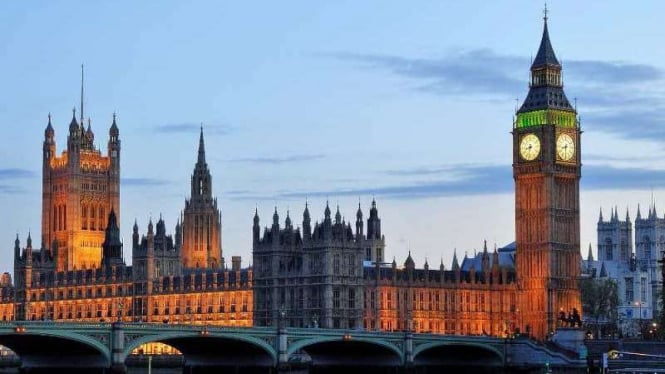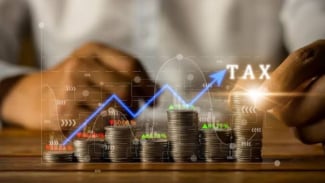The UK Economy Back in Worst Recession After a Decade Ago
- lonelyplanet.com
VIVA – The United Kingdom (UK) government stated that the UK is falling into recession. It was revealed by the UK Finance Minister, Jeremy Hunt on Thursday, November 17, 2022. As noted, the last time the UK went into recession was in the 2008 financial crisis or more than a decade ago. At that time, the 2008 financial crisis devastated the global economy.
As reported by CBS News, Friday, November 18, 2022, Jeremy Hunt made an anxiety-provoking statement to members of parliament. He explained that the state of the world's fifth-largest economy was being hit by soaring inflation and energy prices.
The worst economic was largely caused by the war in Ukraine, and the supply chain disruptions left over from the COVID-19 pandemic. In addition, the wounds inflicted also stemmed from the previous UK Prime Minister planning to cut taxes causing turmoil in the financial markets.
Menteri Keuangan Inggris, Jeremy Hunt.
- AP Photo/Alastair Grant.
At the point of Jeremy Hunt's proposals is a painful policy of tax hikes and public spending cuts, aimed at covering what economists describe as a 'huge black hole' in government finances to the tune of a gap of around US$64 billion.
“There is a global energy crisis, a global inflation crisis, and a global economic crisis, but today with this plan for stability, growth, and public services, we will face into the storm, Jeremy Hunt remarked.
“We do so today with British resilience and British compassion,” he added.
After Minister Hunt said this, the value of British stocks fell to the lowest point of the day but managed to recover and close at the end of trading in London.
Moreover, it was noted that the British pound fell about 1 percent in trading or 1.17 against the US dollar. The decline came despite the government having telegraphed its plans before the chancellor's televised speech, hoping the news would not spook investors.
In taxation, the threshold to trigger the payment of tax rates, and millions of people will eventually be pushed into higher taxes. Hunt said the government would maintain the cap on energy prices introduced by his predecessor Liz Truss, but would raise the cap slightly from next April.
Oil and gas companies will also be forced to pay a higher tax, known as a windfall tax, on their profits, which have soared thanks to the soaring oil and gas prices, through 2028.



























